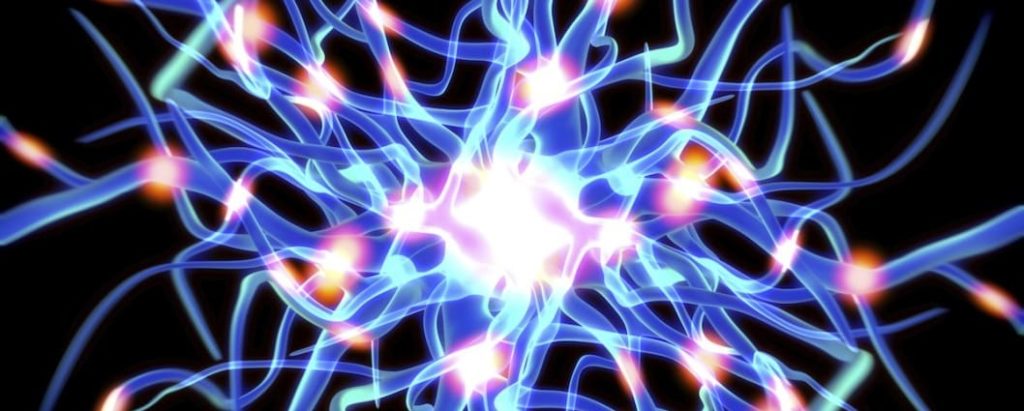Much of the new research into addiction talks about how drugs change the brain. What does this mean? We know that whatever those changes are, they make a person dependent on the drug, but how does it work? It turns out that our brains have an amazing degree of plasticity, which means the brain can easily change and adapt in response to stimuli like drugs. This plasticity is responsible for getting us hooked on substances, but it may also help in the development of treatments.
Drugs in the Brain
The plasticity of the brain, or its ability to adapt to environmental changes, is often a good thing. This plasticity allows us to cope with negative emotions, form important memories and learn useful behaviors. If we couldn’t adapt and change at the cellular and chemical level in the brain, we would not have evolved into such complex life forms. Plasticity also has negative consequences, including addiction. When you take a drug and get a rush of pleasure from the release of the chemical dopamine, your brain immediately adapts and changes. If you continue to use that drug frequently and regularly, those changes continue and start to become more permanent. One of the important changes implicated in drug addiction is the action of the receptors that release dopamine. The number of receptors decreases and less dopamine is released over time. This is an important adaptation of the brain. It is responding to an unnaturally high amount of dopamine and is counteracting it. The result for the drug user is that over time it becomes more and more difficult to get more dopamine and to feel pleasure. This leads to more use of the drug and eventually addiction. Other changes that occur in the brain with drug use include the strengthening and weakening of connections between cells as well as a decrease in the production of new cells. Experts know that these changes lead to learned habits, in this case continuing drug use. Researchers are still trying to find out how these changes affect learning.
Plasticity and Treatment
While the plasticity of the brain clearly helps to promote drug addiction, this adaptability may also help addicts recover. It was long thought that the changes made to the brain during addiction were irreversible. Now that we know how adaptable the brain is, it may turn out that addiction can be reversed. Addiction damages and destroys certain cells and connections, but new ones can be formed. The idea for recovery is to create a new pathway in the brain that supports healthy habits. In the addict, drugs have created a pathway because of continued use. If recovery and treatment can leave that pathway behind and create a new one, an addict can learn to engage in healthy habits and stop using drugs. Essentially, the brain is retrained by spending time on healthy habits like socializing with friends, exercising or engaging in a hobby. Researchers have also found that having a strong and supportive social network helps to strengthen new pathways and helps to resist relapsing. Engaging in healthy behaviors and being around supportive people go a long way toward helping an addict in recovery. The brain is an amazing organ and can change and adapt to whatever we throw at it. Most of the time this is a positive attribute, but when it comes to drugs, alcohol and addictive behaviors, it can be devastating. There is hope, with more research, that we will figure out exactly how addiction works in the brain and that we will be able to develop more effective treatment techniques to help addicts heal.

